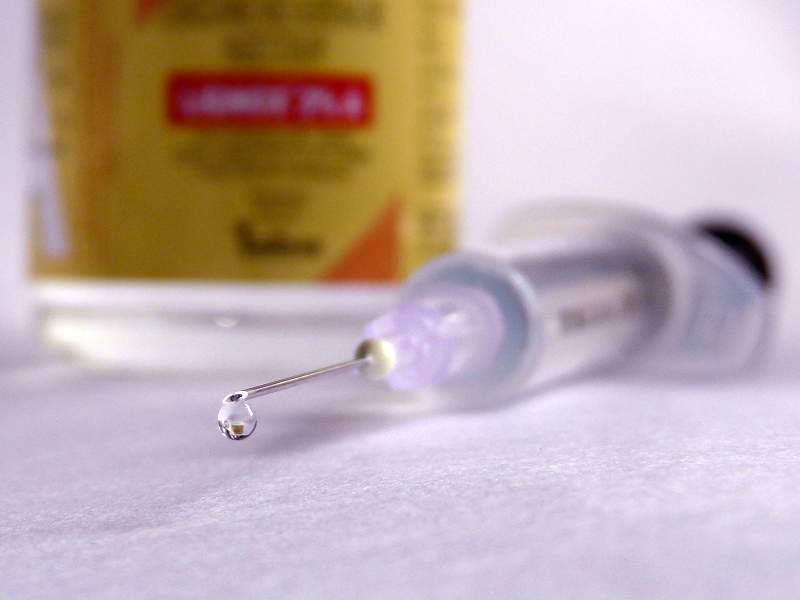
The US National Cancer Institute (NCI) has reported positive results from a Phase l trial investigating the AdHER2/neudendritic cell (DC) vaccine for the treatment of patients with metastatic HER2-positive cancers who had not previously been treated with a HER2-targeted therapeutic.
Results indicated that out of the 11 patients receiving more than the lowest dose of the vaccine, six had shown clinical benefit.

Discover B2B Marketing That Performs
Combine business intelligence and editorial excellence to reach engaged professionals across 36 leading media platforms.
It was also found that one patient with ovarian cancer had a complete response for a period of 89 weeks. One patient with gastroesophageal cancer had a partial response that lasted 16 weeks, while four patients suffering with colon, prostate and ovarian cancers had stable disease.
National Cancer Institute Center for Cancer Research Vaccine Branch chief Jay Berzofsky said: “Immunotherapy marshals the exquisite specificity of the immune system to destroy cancer, and some types may have potentially fewer side effects than traditional chemotherapy.
“We are using a vaccine approach to generate an immune response to HER2, which is found at high levels on and drives the growth of several types of cancer, including breast, ovarian, lung, colorectal, and gastroesophageal cancers.
“Our results suggest that we have a very promising vaccine for HER2-overexpressing cancers.”

US Tariffs are shifting - will you react or anticipate?
Don’t let policy changes catch you off guard. Stay proactive with real-time data and expert analysis.
By GlobalDataDuring the trial, Berzofsky and team customised the vaccines individually by using the patient’s own immune cells isolated from their blood.
Following modification of the immune cells in the laboratory, the team then produced the final product, which was provided intradermally to the patients.
The Phase l trial’s dose-escalation portion saw the patients being injected with the vaccine on weeks 0, 4, 8, 16, and 24 after enrolment.
Among the six patients who received the lowest dose of the vaccine, which is five million dendritic cells per injection, no clinical benefit was reported, while six of the 11 patients had clinical benefit after receiving either ten million or 20 million dendritic cells per injection.
Berzofsky further added: “Based on the current safety and clinical benefit data, the dose of the vaccine was increased to 40 million dendritic cells per injection and the trial opened to patients who have previously been treated with a HER2-targeted therapeutic, including patients with breast cancer.”





